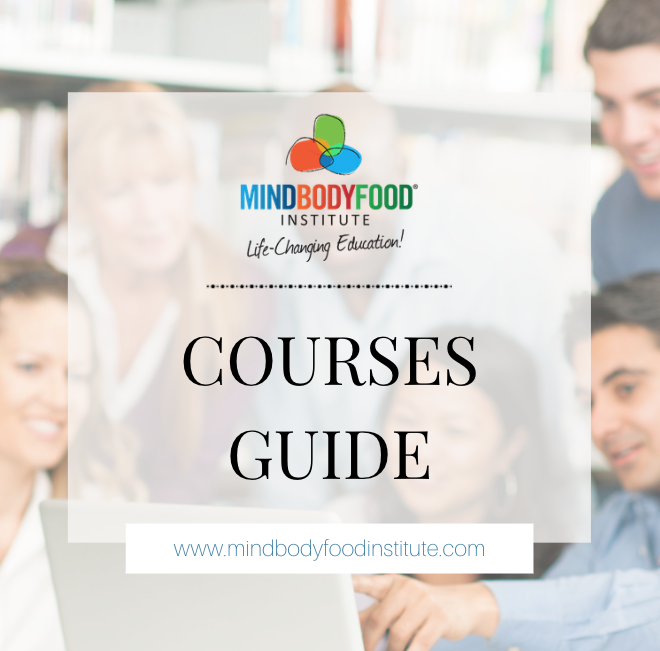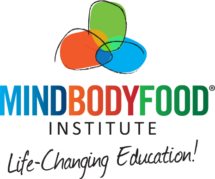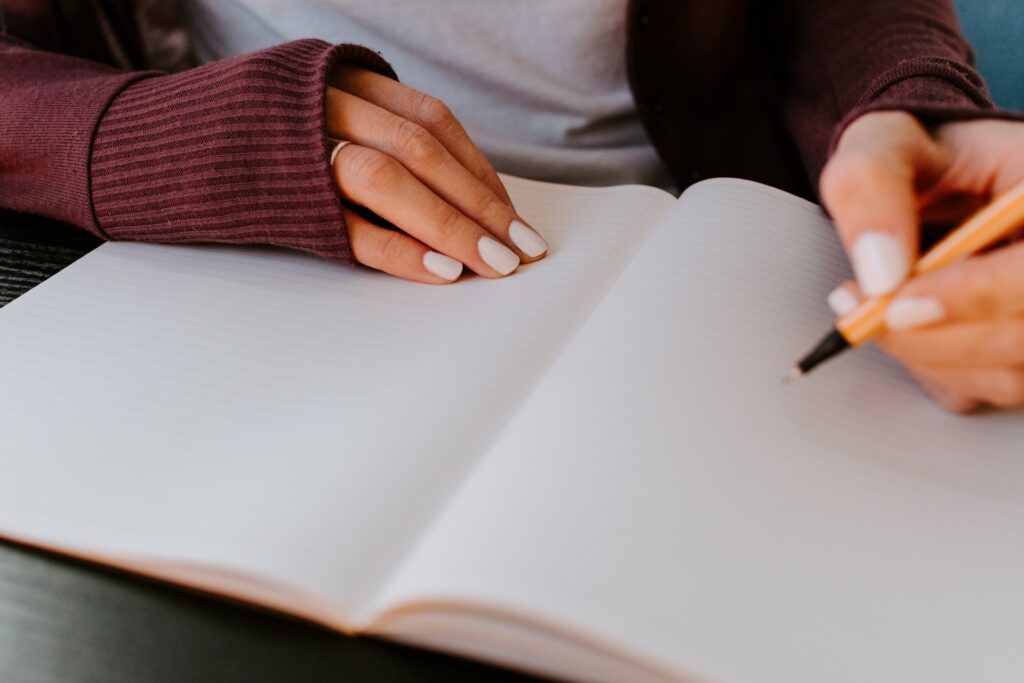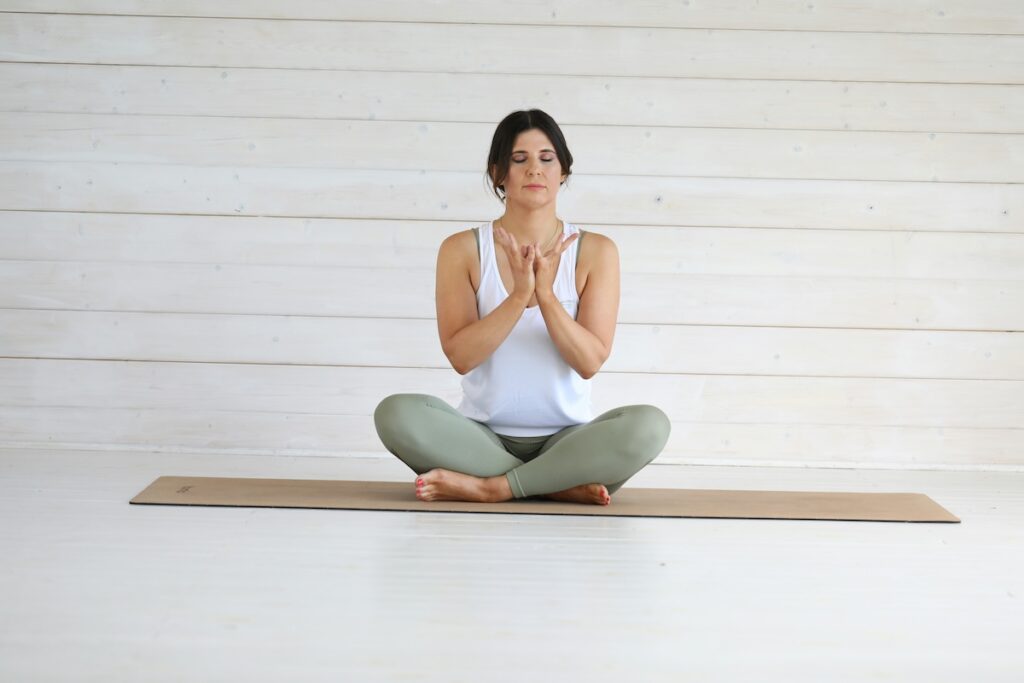Self-awareness is the fundamental building block of creating, monitoring and realising change in a person’s life.
When an individual becomes aware of their thoughts, feelings, beliefs, emotions, values and behaviours in life, they take ownership of their circumstances. With this powerful commitment for growth and change, they can make more informed decisions and better momentary choices with the deeper knowledge of what they want, and what they don’t want.
As a holistic coach or practitioner, it is vitally important to educate your client on the benefits of becoming more aware and mindful within their lives.
Through self-assessment and curious observation, and by questioning motives and reflecting on reactions, they can learn to take conscious control of the choices that lead to the changes they want.
When we mindfully review past experiences and get curious about our habits and behaviours without any judgement attached, we naturally develop a greater insight into our own biases and preferences. This knowledge can be truly empowering to see where certain mindsets and behaviours were effective, where they weren’t, and what needs to shift so we can move toward success now.
Through honest assessment of present circumstances and feelings, we can better determine the best course of action that will lead to a more desired outcome.
Self-awareness also equals self-knowledge, which can be used to make better decisions and manage challenges with greater insight and understanding of true needs, motivations and desires.
If you’re a coach or practitioner, it’s imperative to instil your client with the ability to tune into and trust their own unique voice; to recognise their intuition when they’re being swayed away from their true path by well-meaning friends, colleagues or family.
Tasks that provoke reflection and internal questioning such as recognising strengths, weaknesses, skills and outdated beliefs provide the opportunity to expand the awareness of the client in a positive, constructive and ultimately more empowering way.
Instinctively, self-awareness promotes a valuable ability to know yourself and realise that perhaps the direction you’ve come from isn’t the best path to continue on. Through powerful and thought provoking questions designed to expand and increase self-awareness, you can become more effective in determining that future direction.
Although gaining this perspective may be difficult for some, it is necessary to first understand the machinery, and then take charge of the master key – self-awareness.
This is the fundamental step in unlocking your own power to live your best life.
Tools to develop self-awareness are mindfulness, meditation, journalling, self-enquiry, self-care, EFT (emotional freedom technique), acknowledging and sharing in connected conversation, and breathwork.
Remember, you can’t change what you are not first aware of.
Featured image by Kelly Sikkema on Unsplash.
Author:
Viki Thondley
Viki Thondley-Moore is an Integrative Holistic Counsellor, Brain-Based Coach, Clinical Hypnotherapist, Mind-Body Somatic Practitioner, Wellness Coach, Meditation Teacher, Educator and Disordered Eating Specialist. Viki is founder of MindBodyFood and Founder/Director of the MindBodyFood Institute.
DOWNLOAD OUR COURSES GUIDE
Learn More About Our Course Offerings and Discover Which New Wellbeing Career Best Suits Your Passion!









